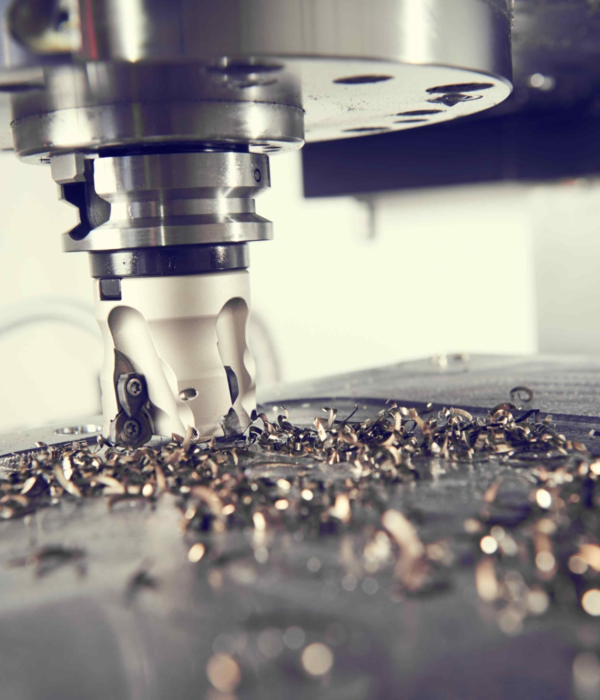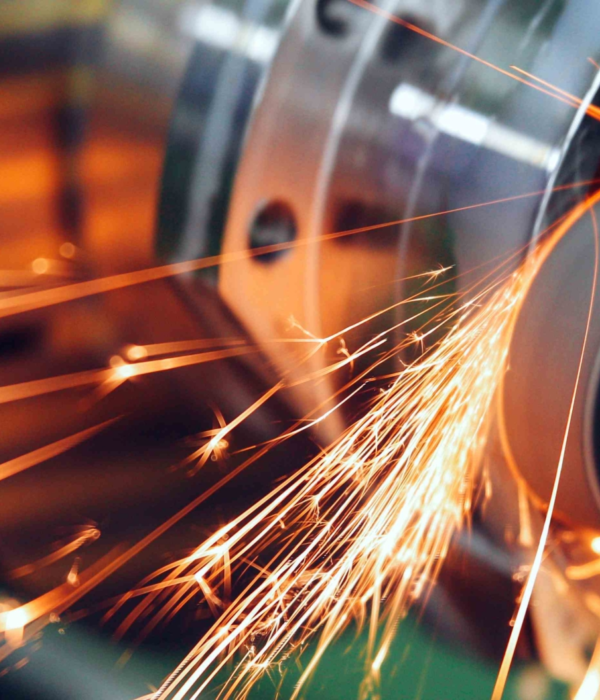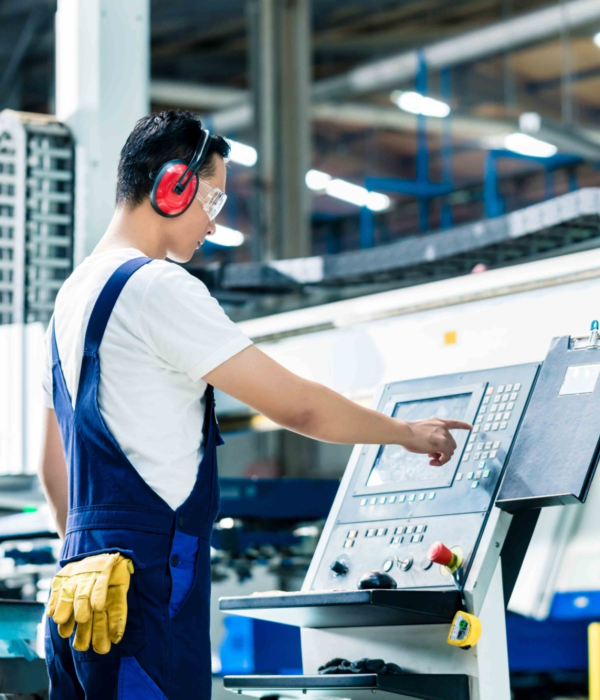CNC (all)


Vacancy CNC specialist: precision engineering work
Are you a technical talent with an eye for detail and do you enjoy working with modern machines? Then a job as a CNC specialist is exactly what you are looking for. In this position, you will be responsible for programming, setting and operating CNC-controlled machines. Whether you are machining, milling or turning - your work ensures high-quality parts that meet the highest standards. Euro Planit will help you find a job that matches your experience and ambitions within CNC technology.


What does a CNC specialist do?
As a CNC specialist, you work with computer-controlled machines that precisely machine metal or plastic parts. The abbreviation CNC stands for Computer Numerical Control - a technology in which machines are automatically controlled on the basis of digital instructions. Depending on your experience, you could be responsible for the entire process: from programming and setting to checking and finishing.
What are the tasks of a CNC specialist?
- Reading and interpreting technical drawings
- Programming CNC machines (e.g. with Fanuc, Siemens or Heidenhain)
- Setting up and operating turning and/or milling machines
- Monitoring production quality and performing measurements
- Troubleshooting and performing minor maintenance
- Optimising production processes and cycle times
Different functions within CNC engineering
Within the CNC field, there are various positions, depending on your specialisation and experience. Some examples:
- CNC turner: specialised in turning parts on CNC lathes
- CNC miller: responsible for milling complex shapes with CNC milling machines
- CNC operator: focuses on setting up and operating machines (often based on existing programmes)
- CNC programmer: creates and optimises CNC programs (e.g. in CAD/CAM software)
Skills and competences
The CNC world is all about precision and engineering. As a CNC specialist, you must not only be handy, but also be able to think analytically and problem-solve. The following characteristics are important:
- Technical insight: you understand working drawings, tolerances and material behaviour
- Accuracy: you work within hundredths of millimetres
- Independence: you can set up machines and perform operations independently
- Problem-solving skills: you intervene quickly in case of deviations or malfunctions
- Computer and machine knowledge: experience with operating systems and programming languages
Education and experience
A job in CNC technology usually requires an intermediate vocational education at level 2, 3 or 4, preferably in mechanical engineering, machining or mechatronics. Do you already have work experience as a conventional turner or milling machine? If so, you can often be trained internally as a CNC operator or programmer.
Common training courses are:
- MBO Machining Technology (levels 2 to 4)
- MBO Mechanical Engineering
- CNC programming courses (Fanuc, Heidenhain, Siemens, CAD/CAM)


Work environment and sectors
As a CNC specialist, you can work in a variety of sectors, such as metalworking, mechanical engineering, aviation, automotive or medical technology. You usually work in a modern production environment with advanced machine tools. In some positions you work in shifts, in other companies you work day shifts.
Career opportunities within CNC
The CNC sector offers plenty of opportunities for further development. Depending on your interest and talent, you can progress to:
- All-round CNC operator (multi-axis machines or multitask machining)
- CNC programmer or CAM specialist
- Quality controller or work planner
- Team leader or foreman
Via Euro Planit, you can count on personal guidance and opportunities for further training, so that you can further develop your technical career.


Vacancies CNC specialist via Euro Planit
Euro Planit has a wide range of vacancies within CNC technology. We work together with leading companies in the manufacturing industry who are looking for professionals with your profile. Whether you are just starting out as a CNC operator or already have years of experience as a CNC programmer - we will help you find a job that suits you.
What can you expect from Euro Planit?
- Access to a wide network of technical employers
- Personal coaching from intake to contract
- Opportunities for training or certification
- An appropriate salary and good terms of employment
- Perspective on permanent employment
Apply for a CNC vacancy
Would you like to work in CNC technology and are you looking for an employer who appreciates your expertise? Then take a look at the current vacancies for CNC specialists at Euro Planit or contact one of our intermediaries directly. Together, we will make sure that you end up in the right place, with opportunities for growth and development.
Frequently asked questions about CNC specialists
What does a CNC specialist earn on average?
The average salary is between €2,500 and €3,500 gross per month, depending on your experience, specialisation and working hours (such as shifts).
Is experience required to work as a CNC operator?
Experience is a plus, but not always required. Via Euro Planit, you can also follow a learning path within a technical company as a starter or lateral starter.
Which machines and controls will I work with?
Depending on the position, you will work with CNC lathes, milling machines or multitask machines. Common control systems are Fanuc, Siemens and Heidenhain.